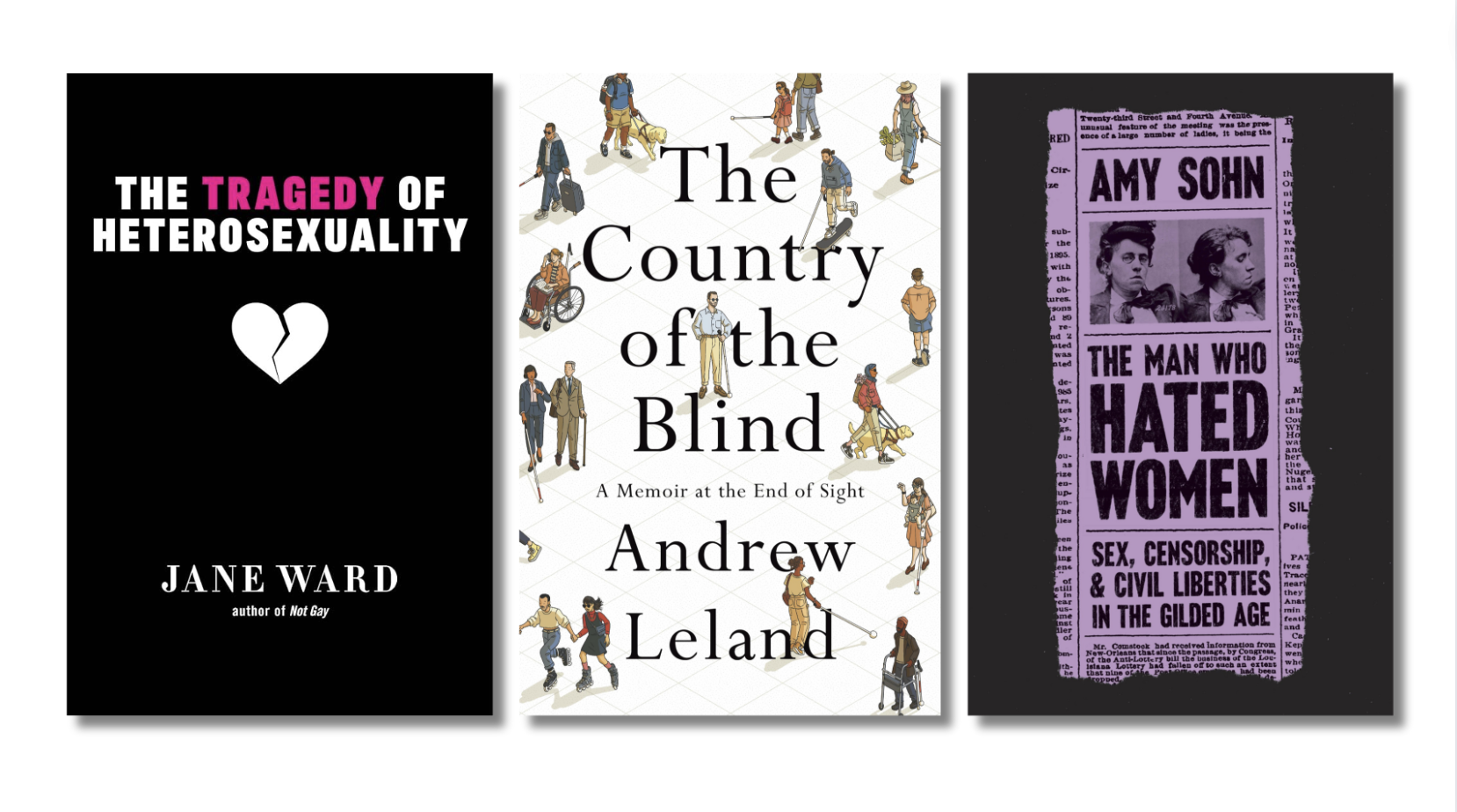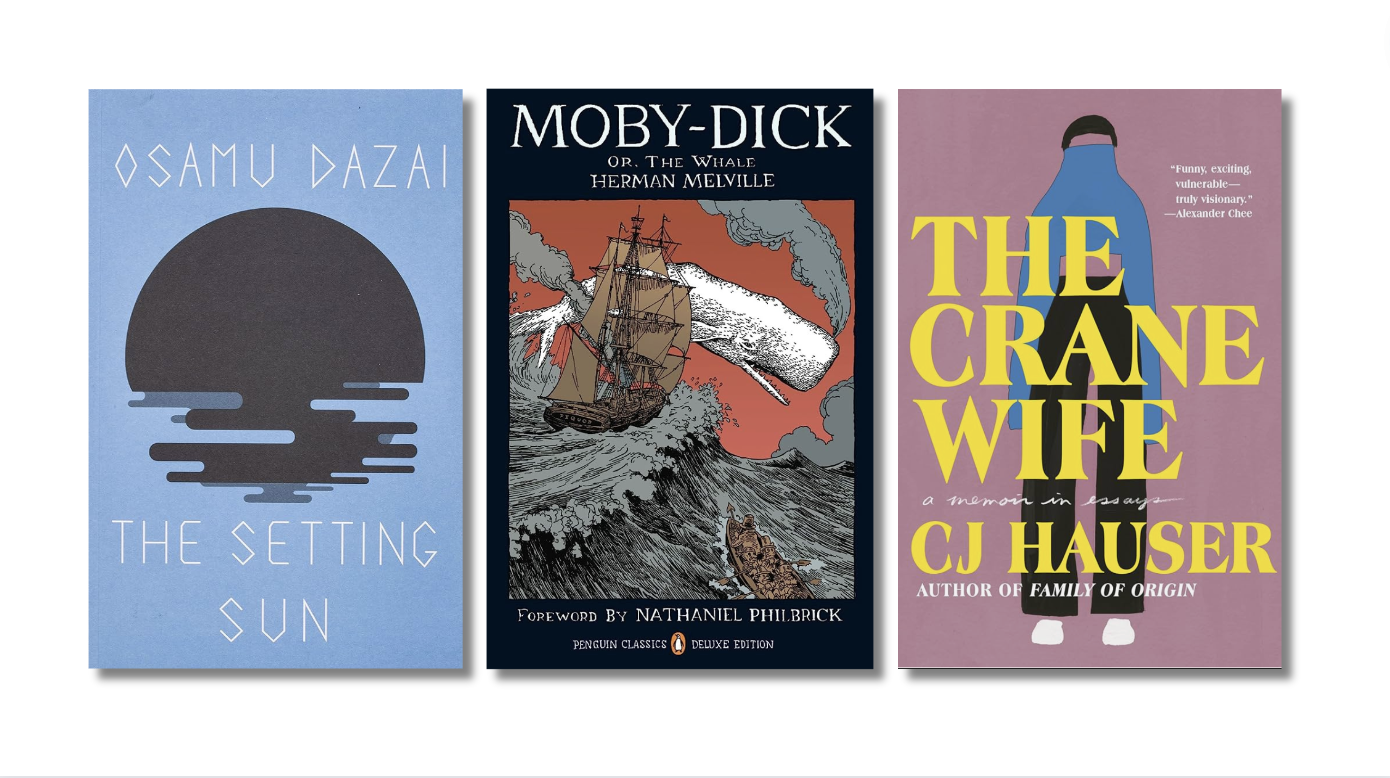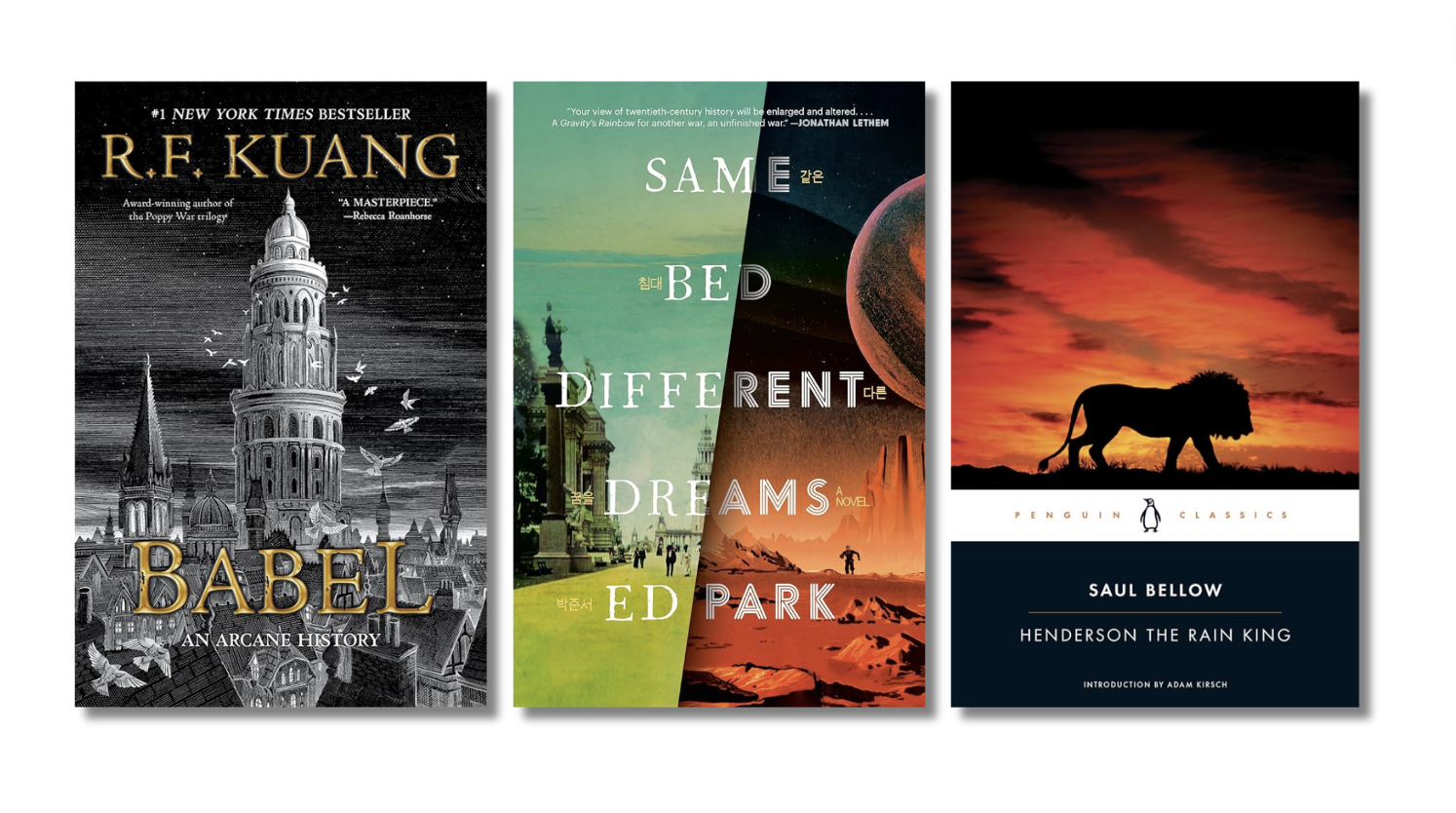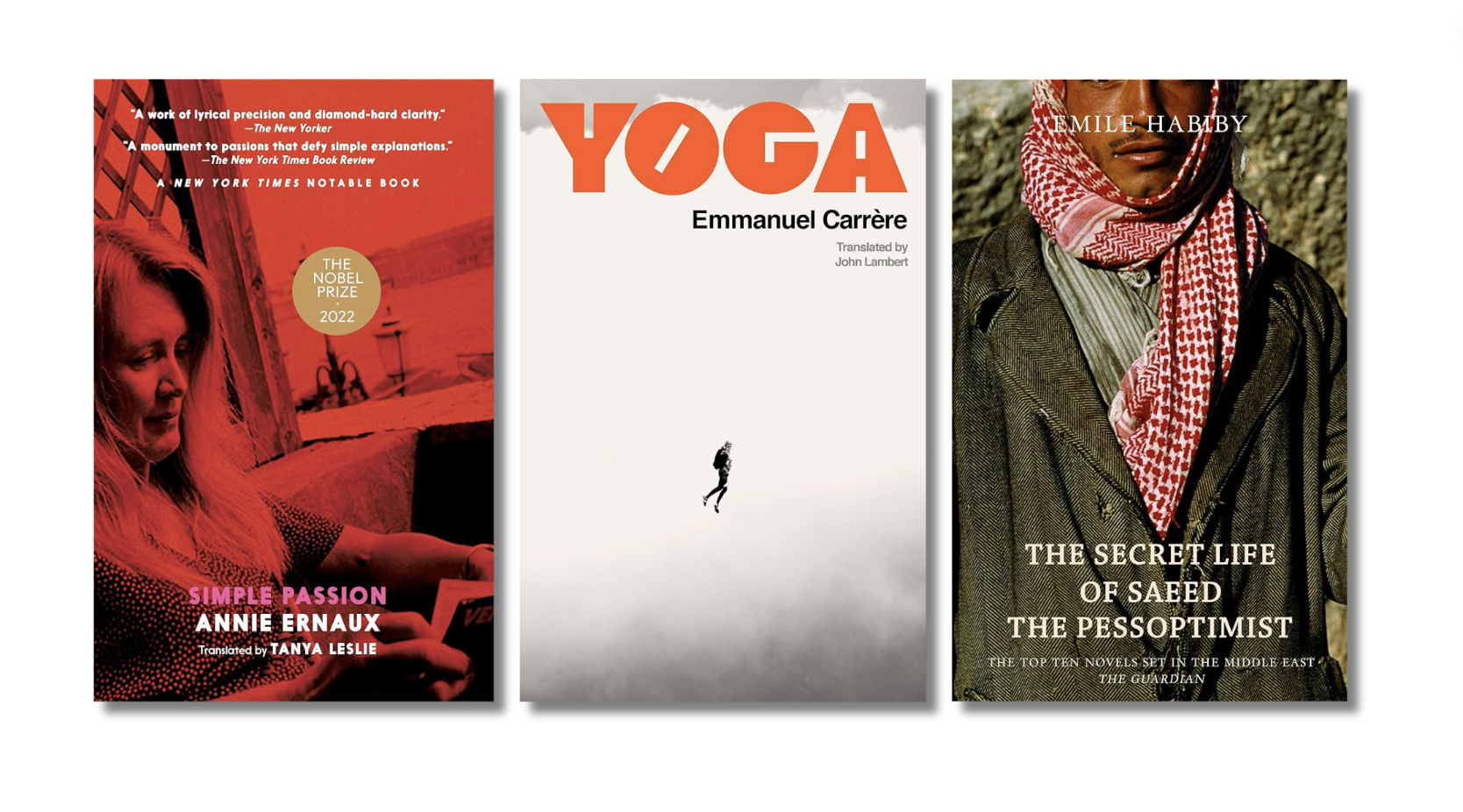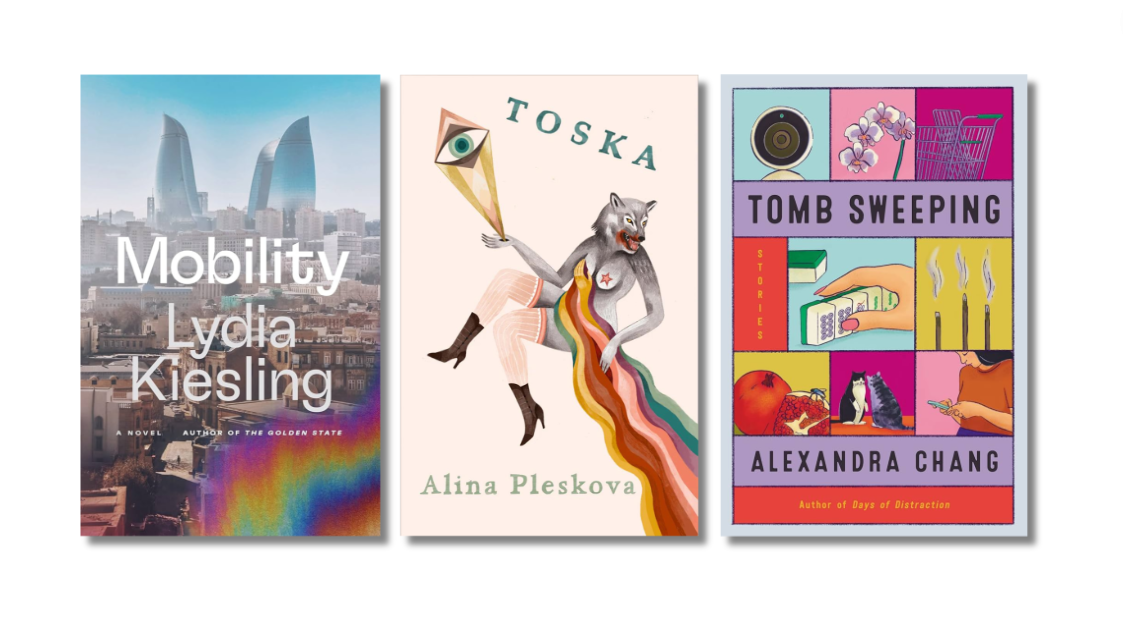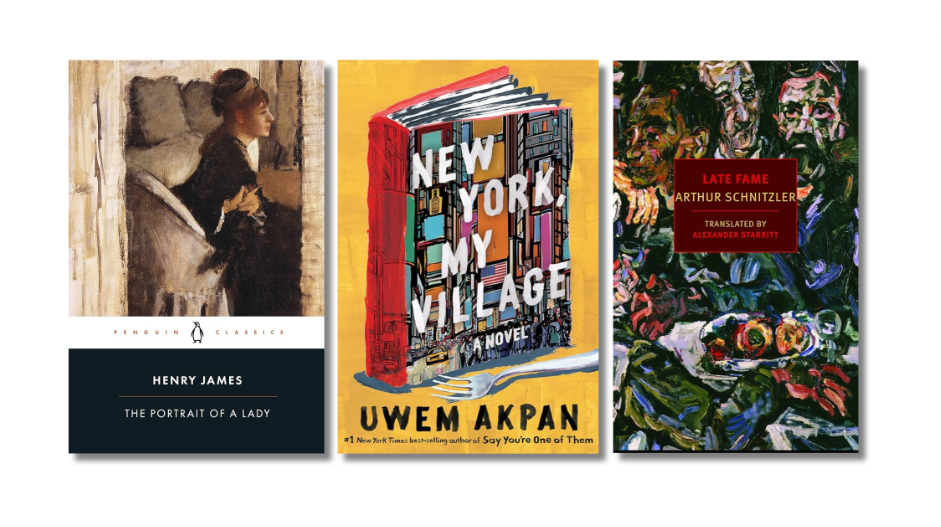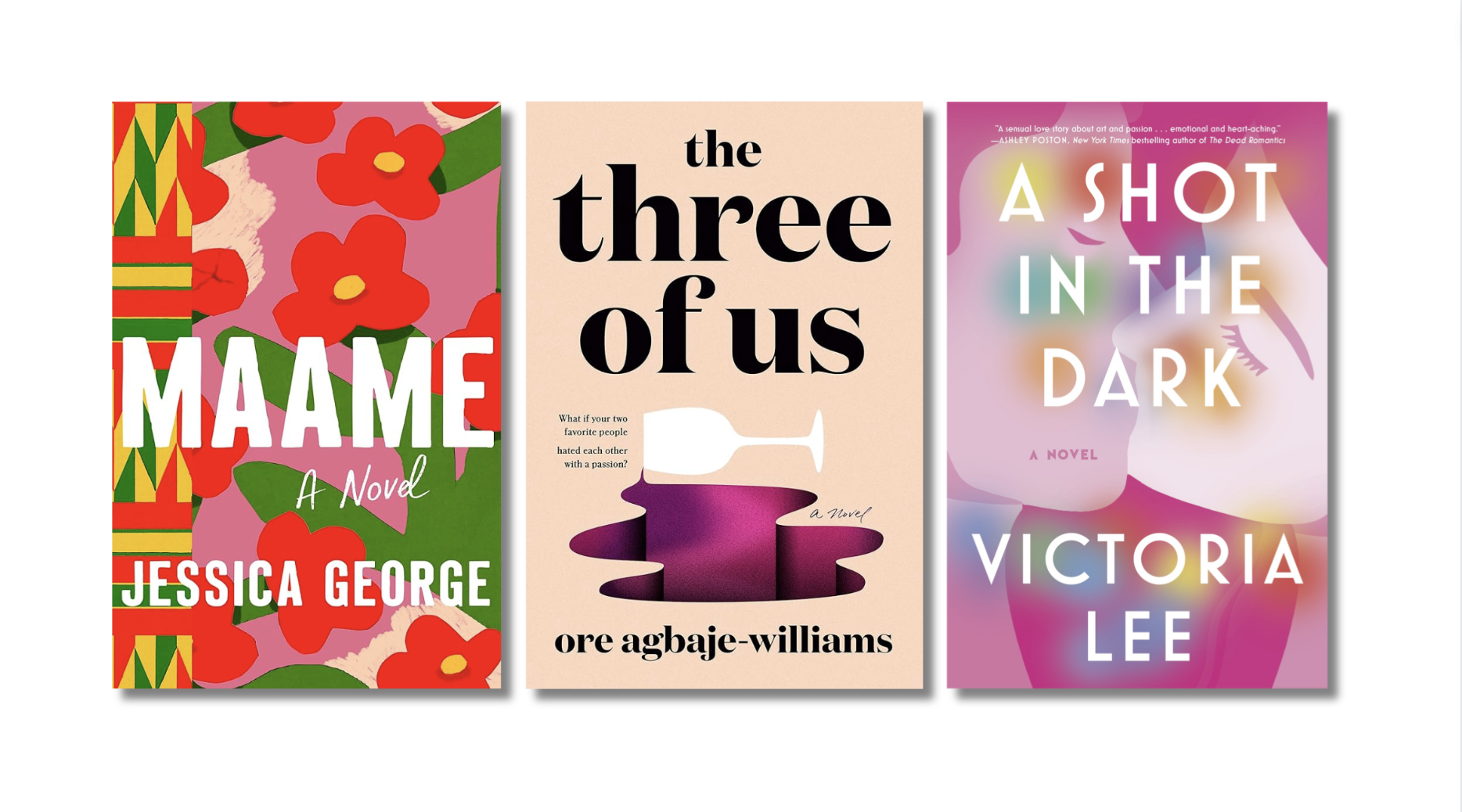My year in reading was a strange one for me, like only one year previous in my life thus far: I had finished a novel — The Queen of the Night, due out in Feb. 2016 — and so the year was that peculiar kind of annus horribulis, in which you try to keep a lid on your ego and act casual, all while you wait for your novel to appear in stores with all that implies. You dutifully prepare your events, your website, and your life for a period of time that has no certain borders and that will have little relationship either to what you fear or what you desire. And everyone’s advice never changes: start on finding your next project, so you have at least a relationship to it and aren’t caught out by what eventually happens.
To get through this as a writer is a little like splitting into two: one of you heads off into the woods of your own self while the other becomes some public version of you, making its way like a renegade balloon from the Thanksgiving Day Parade that just keeps inflating.
My reading then was both a little like it always is — a mix of books I’m teaching and books I simply wanted to read — but several ideas for what my next book will be were already underway and auditioning for my attention — a mystery novel, a novel I’ve put off writing for nearly two decades, a space opera, and a collection of essays. In order to think about them and to also get my work done, I planned two new classes: one on autobio, as autobiographical fiction is increasingly called, and one on plot. And it is true that I do have a few more answers now than I started the year with, but I also had a lot of fun.
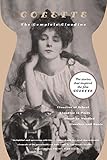

 In the first half of the year, I read autobiographical fiction and some nonfiction work that ran along its edges: Maxine Hong Kingston’s China Men, for example, which I remember suffered by comparison to The Woman Warrior back when I first read it, but which seems to me now a bravura performance in its own right: her attempt to imagine her way into the silences inside the men in her family’s history. Go Tell It on the Mountain, James Baldwin’s first novel, is still as relevant as ever and as immaculately made — line for line, the prose is a wonder. Colette’s puckish first novel, Claudine at School, was like finding a whole other writer after her later novels, which I already knew. Edmund White’s The Married Man paired beautifully with Chris Kraus’s I Love Dick, two very different stories of the personal social cost of trying to hold on to and even love your obsessions (and not just be obsessed with them). And I reread Renata Adler’s Pitch Dark alongside Ben Lerner’s 10:04, and thought about how each portrays a way of transcending the first person while also staying firmly in it.
In the first half of the year, I read autobiographical fiction and some nonfiction work that ran along its edges: Maxine Hong Kingston’s China Men, for example, which I remember suffered by comparison to The Woman Warrior back when I first read it, but which seems to me now a bravura performance in its own right: her attempt to imagine her way into the silences inside the men in her family’s history. Go Tell It on the Mountain, James Baldwin’s first novel, is still as relevant as ever and as immaculately made — line for line, the prose is a wonder. Colette’s puckish first novel, Claudine at School, was like finding a whole other writer after her later novels, which I already knew. Edmund White’s The Married Man paired beautifully with Chris Kraus’s I Love Dick, two very different stories of the personal social cost of trying to hold on to and even love your obsessions (and not just be obsessed with them). And I reread Renata Adler’s Pitch Dark alongside Ben Lerner’s 10:04, and thought about how each portrays a way of transcending the first person while also staying firmly in it.
Once summer began, I dove into Charles D’Ambrosio’s fantastic collection of personal essays and criticism, Loitering, which I read alongside Jan Morris’s majestic metafiction, Hav — a plotless novel written as travel writing of the oldest best kind. It describes her trip to an entirely fictional country, and done with a thoroughness of detail that is so convincing, I am still stunned Hav doesn’t exist.
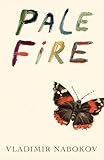
 I then prepared for my plot class with some favorites. Kazuo Ishiguro’s Never Let Me Go was as chilling as ever, a way of thinking about the present — and describing it — by inventing a past instead of a future. I loved Vladimir Nabokov’s Pale Fire the more for knowing at last what life is like now as a professor (I hadn’t read it since undergrad). Likewise Toni Morrison’s Sula, which I now think of as a way to describe America through the lives of two women and a single Ohio town. Reading Justin Torres’s We the Animals for structure meant finding the fretwork is actually a spine.
I then prepared for my plot class with some favorites. Kazuo Ishiguro’s Never Let Me Go was as chilling as ever, a way of thinking about the present — and describing it — by inventing a past instead of a future. I loved Vladimir Nabokov’s Pale Fire the more for knowing at last what life is like now as a professor (I hadn’t read it since undergrad). Likewise Toni Morrison’s Sula, which I now think of as a way to describe America through the lives of two women and a single Ohio town. Reading Justin Torres’s We the Animals for structure meant finding the fretwork is actually a spine.
Throughout, I mixed in the new: Like many, I devoured Hanya Yanagihara’s astonishing A Little Life. And then I also read from the more than new, books you can read next year: Garth Greenwell’s breathtaking What Belongs to You, which is a little like if Marguerite Yourcenar returned to us with Bruce Benderson’s obsessions, and Chris Offutt’s new memoir of the secret estate his father left him (and the secrets in it), coming in March — My Father, the Pornographer.
More from A Year in Reading 2015
Don’t miss: A Year in Reading 2014, 2013, 2012, 2011, 2010, 2009, 2008, 2007, 2006, 2005
The good stuff: The Millions’ Notable articles
The motherlode: The Millions’ Books and Reviews
Like what you see? Learn about 5 insanely easy ways to Support The Millions, and follow The Millions on Twitter, Facebook, Tumblr.












